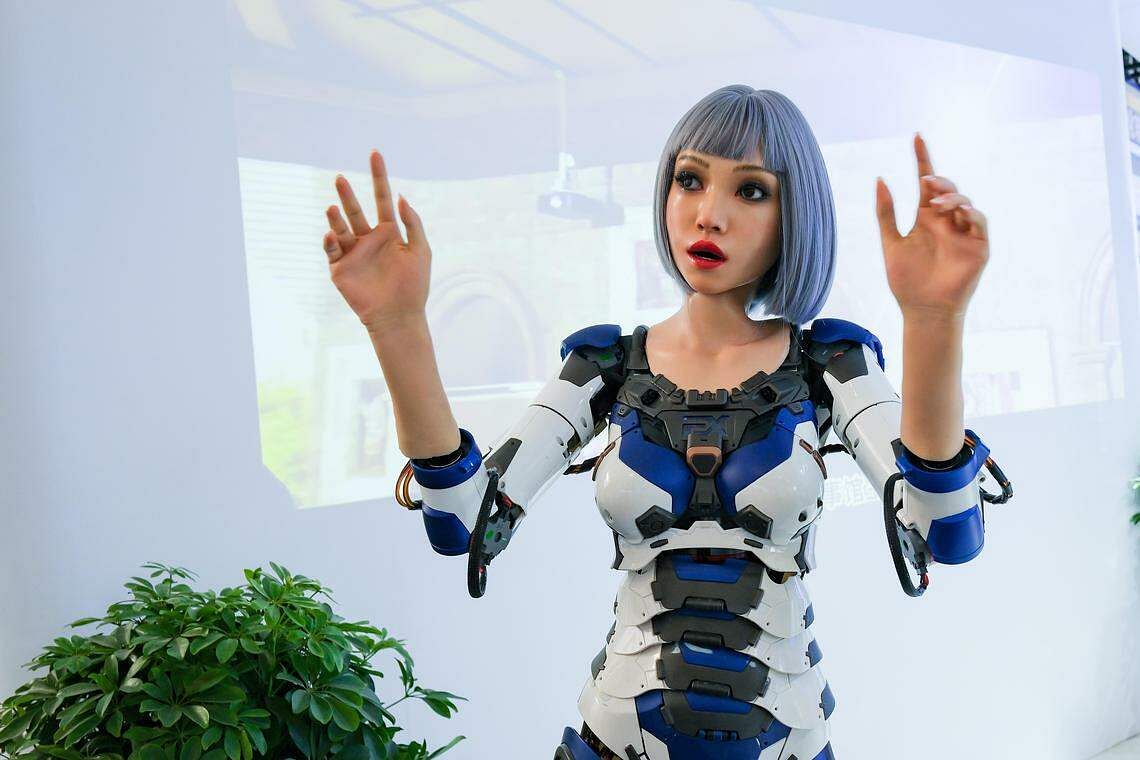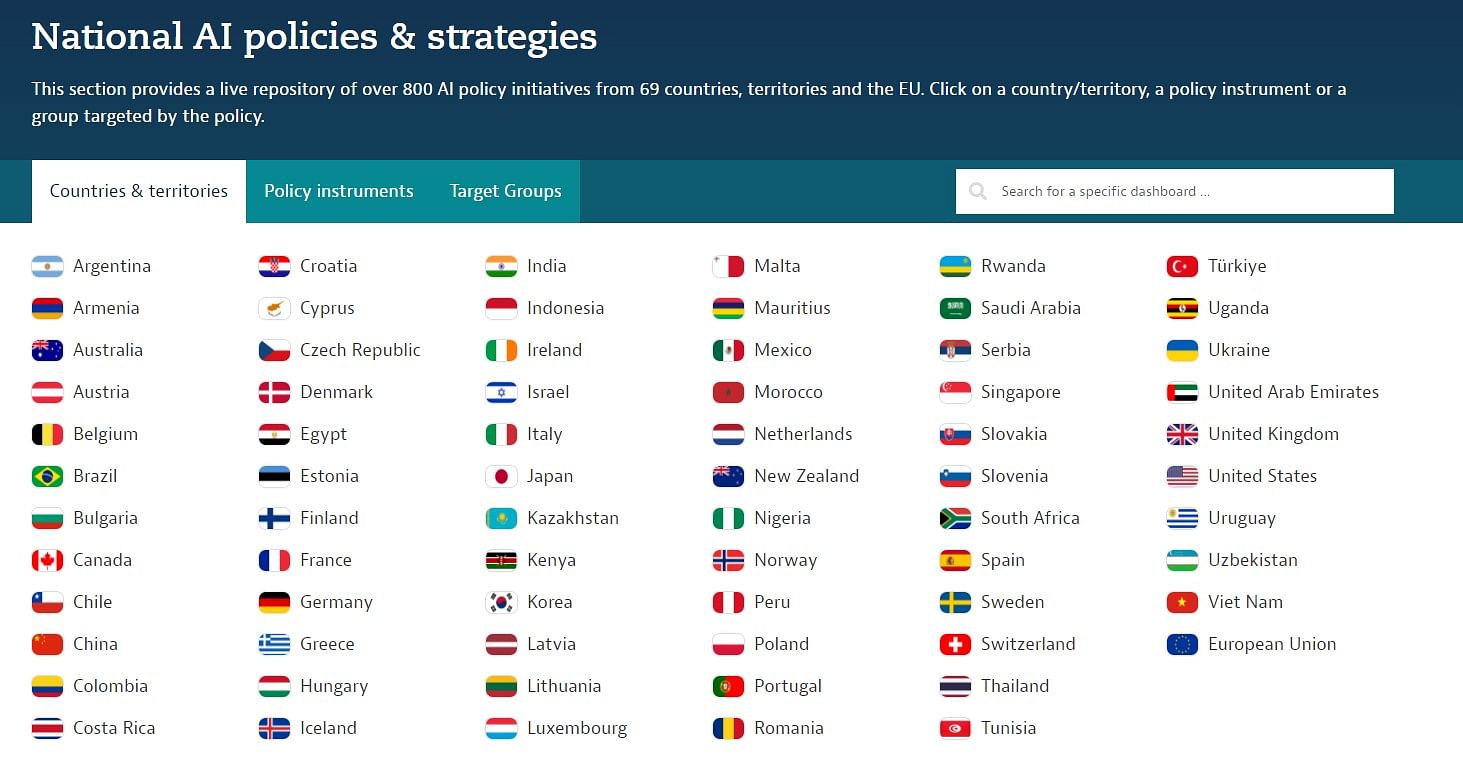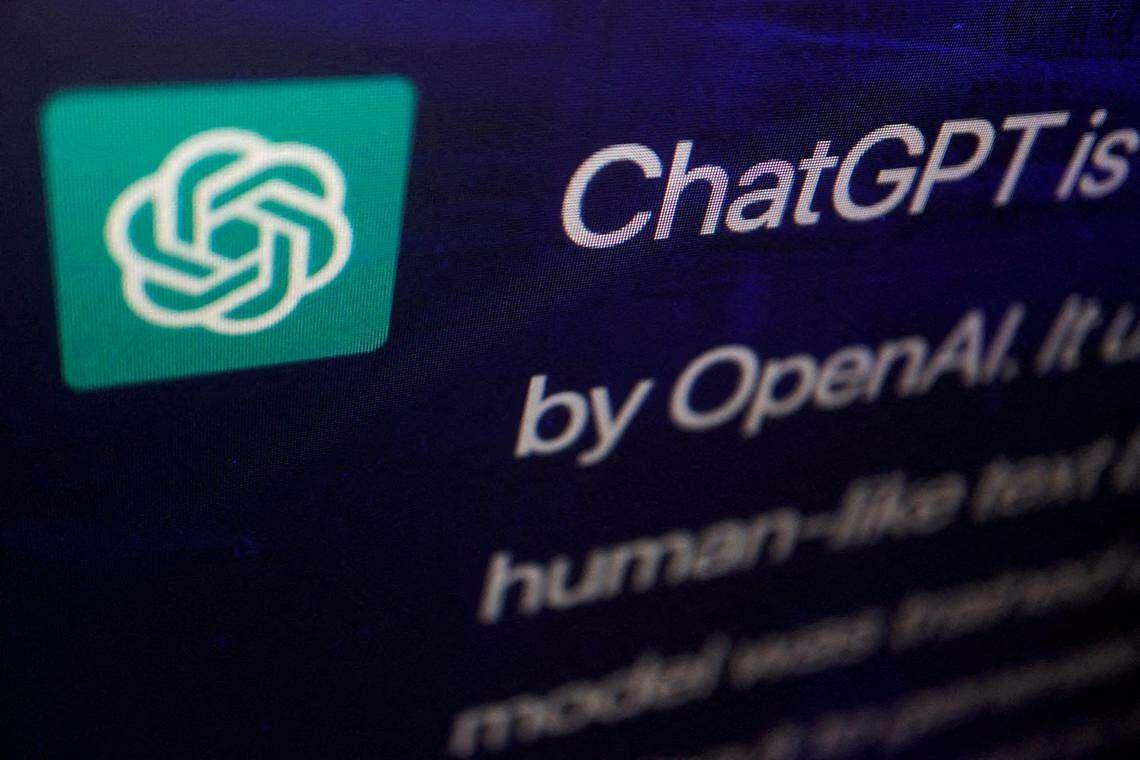
China's artificial intelligence (AI) development boom is still continuing.The three major first -tier cities Beijing, Shanghai, and Shenzhen have released policy documents that encourage AI development in the last two days of May, and once again show the official support for the hottest track of this scientific and technological warfare.
According to the Securities Times report, Shanghai on Tuesday (May 30) issued a document about increasing efforts to support private investment development, and should give full play to the guidance role of artificial intelligence innovation and development, support private enterprises to participate widely participated in data, calculate the calculation, calculateThe construction of artificial intelligence infrastructure such as Li.
The two documents released by Beijing on the same day proposed that the scale of artificial intelligence core industry in 2025 reached 300 billion yuan (RMB, the same below, about S $ 57 billion), continued to maintain more than 10%, and the radiation industry scale exceeded more than 10%.Specific goals such as 1 trillion yuan.At the same time, specific measures such as improving the supply capacity of computing power resources and the construction of large models such as system construction and construction of large models have been proposed to promote domestic artificial intelligence chips to achieve breakthroughs and deploy AI in six major areas including finance, medical care, and autonomous driving.Technical innovation application related work.
The plan issued by Shenzhen Wednesday (May 31) to promote artificial intelligence development and application also proposed that the city's efforts to build a national new generation of artificial intelligence innovation development pilot zone and national artificial intelligence innovation application area, and strive to create the world to create the world worldwideArtificial Intelligence Pioneer City.The plan is clear that it is necessary to build a city -level computing power overall scheduling platform, promote "thousands of industries + AI", and encourage enterprises in finance, commerce, industry, transportation and other fields to upgrade existing production, services and management methods through artificial intelligence.
It can be seen that the recently exposed AI fake news and AI fraud incidents have not shaken China's official support for the development of the AI field.Looking at the international, when foreign dignitaries and experts are arguing about how to control the threat of artificial intelligence, China ’s optimism and enthusiasm for AI and the high -speed development of this field are particularly unique.
China's AI Development Ambition

China is so enthusiastic about the development of AI, and various cities are scrambling to launch support measures, which is closely related to the periodic period of the grand goals set by the country a few years ago.
The Chinese State Council proposed in the new generation of artificial intelligence development plan issued in 2017 that the overall artificial intelligence technology and application of Chinese artificial intelligence should be synchronized with the world's advanced level in 2020; in 2025Become the main driving force for industrial upgrading and economic transformation; in 2030, artificial intelligence theory, technology and application generally reach the world's leading level, making China a major artificial intelligence innovation center in the world.
To lead the world in the field of AI within ten years, it is a great goal for China.Perhaps affected by the multiple factors such as the Sino -US trade science and technology war, epidemic situation, and rectification of scientific and technological enterprises, Chinese officials have not announced that they have achieved the goal of 2020, but at the same time, they did not give up or adjust the next two goals.
This means that it is left to scientific research institutions and technology companies to complete the major breakthroughs in basic theories and have achieved a leading position in some fields.From the end of last year's chat robot ChatGPT phenomenon, the performance of benchmarking products launched by Chinese technology companies, at least in the field of generation AI, China does not have much advantage.
On the other hand, the Harvard Business Review article in 2021 has pointedThe quantity, but academic research does not necessarily be converted into innovation in the AI field and the advantages of gaining global leadership.

The article also summarizes the advantages of China's rapid development in the AI field, including a large number of learning data provided by the huge market, as well as strong support measures for AI development and relatively weak privacy protection regulations.For example, China's ubiquitous monitoring camera has created excellent conditions for AI companies that specialize in facial recognition -and countries and regions that are stricter to privacy, and the development of this field will be much more difficult.
The regulations of various countries are different
China is not without regulations for privacy information protection, but whether it is the personal information protection law passed in 2021 or the draft draft of the management of artificial intelligence services proposed in April this year, noneIt only emphasizes that collecting and handling personal information should have a clear and reasonable purpose. When the data contains personal information, it should obtain the consent of the subject of personal information.
On the other hand, the focus of the management method of generating AI service is not the protection of personal information and privacy. Instead, it is more emphasized that the content of the generation should reflect the core values of socialism.Systems, incite division or destroy national unity, preach terrorism, national hatred, and may disrupt economic and social order.
This management method is also clear that China supports independent innovation, promotion and application and international cooperation of basic technologies such as artificial intelligence algorithms and frameworks.
Artificial intelligence has become the mainstream development today, China is not the only country that supports development while supporting development.
According to the information summary of the official website of the Organization of Economic Cooperation and Development (OECD) AI Policy Observation Platform (OECD.AI), 69 countries and the European Union have proposed strategic plans for the development of AI.Many of these countries have also launched or are studying guidance and regulatory measures for AI, but there are many differences in their strength and direction.

As an example, India, like China, is the same as China, and has also strongly encouraged the development of AI, but has not yet launched a specification or regulatory regulations on AI.As a developed country in Asia, although there is no prohibition of AI, it is not for AI, but to AI have a cautious attitude and introduced guidance rules; South Korea, which is also a developed country, is expected to introduce regulations that divide the risk level of AI applications and put forward different regulatory requirements during the year of the development of AI.
In the developed countries in Europe and the United States, the United States, as a leader in the AI field, has no restrictions on AI regulations at the federal government level, but many officials have recently expressed their willingness to regulate; at the same time, different states and organizations in the United States, among different states and organizations in the United States,There are also different degrees of regulatory measures.Neighbors in the United States are promoting the artificial intelligence and data bill (The Artificial Intelligence and Data Act), which clarifies AI's threat to personal existence and monitoring its development.
The EU, which has the most strict attitude towards AI supervision, proposed the Artificial Intelligence Act in 2021, emphasizing that it is necessary to establish a regulatory supervision system to ensure the safety of AI development, compliance with moral norms, and trustworthy.This bill evaluates the use of AI's risks in different fields, and prohibits the use of AI technology in the field of "Unacceptable Risk".However, not all EU countries agree with the risk division of this bill. For example, the French AI video surveillance plan is contrary to the EU Act.
On the other hand, although the attitude of member states to AI has different attitudes, the number and technology minister of the Seventh Kingdom Group (G7) ended in Japan at the end of April.Risk is launched for AI regulatory bills.According to a joint statement issued by the White House official website on Wednesday, at a meeting of the United States -EU Trade and Technology Council held in Sweden at the end of May at the end of May, the United States and the EU also discussed the potential supervision of AI and reached the monitoring and measuring existing and future AI risks to reach the riskRelated cooperation.

Overall, the call for supervision of AI has risen in developed countries; while in Asian countries, European and American countries have more concerns about the development of AI.
Fortune insurance?
In addition to the differences in the attitude of the government, the "artificial intelligence threat theory" is also the focus of the industry and ordinary people.With the rapid development of AI technology, many people are worried that AI will be able to replace millions of white -collar jobs, and even threatened human survival.
For example, more than 350 AI technology industry leaders and experts jointly warned on Tuesday (May 30) that the risk of extinction brought by AI was tied with the risks of other social scale such as large epidemics and nuclear war.Earlier, more than a thousand people in the industry also called for at least six months to suspend the development of the development of the development than the GPT-4, saying that it constituted potential risks to society and humans.
On the other hand, a survey released by the US market research agency in 2022 shows that the American people are the most pessimistic about AI technology, and only 35%of Americans believe that the benefits of AI are greater than risks; and ChinaIt is the most optimistic country in the world, and nearly 80 % of Chinese people believe that the benefits brought by AI are better than risks.
From strong encouragement to the development of stronger supervision, it seems to be a process that every emerging field is going to experience. AI, a large -scale and opportunities, is naturally no exception.
According to the International Data Company (IDC), the global AI industry revenue will exceed US $ 500 billion (below, about S $ 675.5 billion) in 2023.IDC also predicts that the scale of China's AI market expenditure will increase to US $ 14.75 billion in 2023, accounting for about one -tenth of the global total.

If you ask whether ChatGPT should deal with AI implementation supervision, the opposition given by it includes that supervision cannot keep up with development speed, supervision will restrict industry innovation and economic growth, regulatory will cause relevant enterprises to face excessive burden, and excessive excessive enterprises, as well as excessive excessive enterprisesRegulatory supervision may make the disadvantage when competing with other countries.
Perhaps this is the last reason that the two countries that have played the two -involved scientific and technological war between China and the United States are reluctant to launch more tough regulatory measures for AI.Although some experts have analyzed that even if it is the best large language model generation technology in China, it is still 18 months to two years behind the United States, but such a gap will not make the United States take it lightly -especially when China looks like it has been rolled enough,When you are preparing to come through a curve overtaking in a wealthy insurance through AI.


